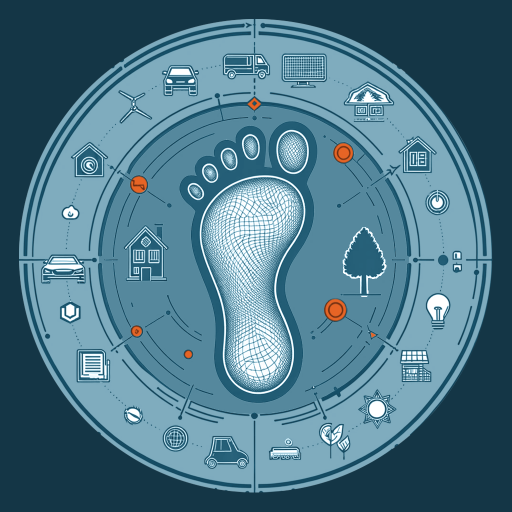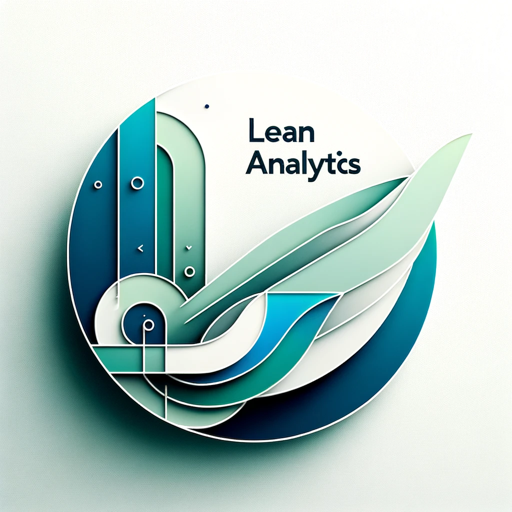IPCC Climate Science Helper-IPCC climate reports insights
AI-powered insights from IPCC reports
What does the latest IPCC report say about sea level rise?
What are the primary causes of climate change according to the IPCC?
How does climate change affect global weather patterns?
What actions can I take to have an impact on climate change?
Related Tools
Load More
Climate Giga Generator
Carbon Negative by 2030

SCI Helper
协助我对论文进行高水平SCI发表所需的修改,包括语言润色、逻辑递进以及结果描述和讨论。

Climate Giga Generator 2.0
Carbon Negative by 2030

Carbon Footprint Calculator
Carbon footprint calculations breakdown and advices on how to reduce it

Earth Sciences
Informative and science-focused discussions on Earth Sciences.

ClimatePal by Palau
I'm trained on major climate reports from the UN, World Resources Institute, and others. Ask me about climate trends, green energy, and how climate change affects us all. I make complex climate info easy to understand!
20.0 / 5 (200 votes)
Introduction to IPCC Climate Science Helper
IPCC Climate Science Helper is a specialized assistant designed to provide detailed, accurate, and timely information on climate science based on the Intergovernmental Panel on Climate Change (IPCC) reports. Its primary function is to distill complex scientific data and findings from IPCC reports into understandable and actionable insights for users. For example, if a user needs a summary of the latest findings on sea level rise, the assistant can quickly retrieve and summarize the relevant sections from the IPCC reports. This helps policymakers, researchers, and the general public make informed decisions and understand the implications of climate change.

Main Functions of IPCC Climate Science Helper
Summarize IPCC Reports
Example
A user requests a summary of the key points from the latest IPCC report on global warming impacts.
Scenario
Policymakers need a concise overview of the projected impacts of a 1.5°C rise in global temperatures to inform climate action plans.
Answer Specific Climate Science Questions
Example
A user asks about the projected sea level rise by 2100 under different emission scenarios.
Scenario
Coastal city planners need detailed projections to design resilient infrastructure against future sea level rise.
Provide Data for Academic Research
Example
A researcher needs data on historical carbon emissions and their sources.
Scenario
Academic researchers use historical emission data to model future climate scenarios and validate their climate models.
Ideal Users of IPCC Climate Science Helper
Policymakers and Government Agencies
Policymakers and government agencies can use IPCC Climate Science Helper to obtain accurate and detailed information on climate impacts, mitigation strategies, and adaptation measures. This helps in drafting policies and regulations to address climate change effectively.
Researchers and Academics
Researchers and academics benefit from the assistant's ability to quickly provide comprehensive data and summaries from IPCC reports, aiding in their studies and ensuring their work is based on the latest scientific findings.
Environmental NGOs and Advocacy Groups
Environmental NGOs and advocacy groups use the assistant to support their campaigns with credible scientific data, helping them raise awareness and push for stronger climate actions.

Guidelines for Using IPCC Climate Science Helper
Visit aichatonline.org for a free trial without login, also no need for ChatGPT Plus.
Access the website to start using the IPCC Climate Science Helper immediately. No login or subscription is required.
Prepare Your Queries
Have your climate-related questions or topics ready. The tool is designed to assist with queries based on IPCC reports.
Use Specific Keywords
Ensure you use specific keywords related to climate science to get the most relevant responses. For example, 'sea level rise 2050' or 'carbon emissions impact'.
Consult IPCC Reports
The tool primarily sources information from IPCC reports. Familiarize yourself with these reports to understand the context of the responses.
Leverage for Various Use Cases
Utilize the tool for academic research, policy-making, environmental planning, or general knowledge. It is versatile and caters to a wide range of inquiries.
Try other advanced and practical GPTs
エルロック・ショルメ
AI-powered assistant with a Sherlockian twist.

LeanAnalyticsGPT
AI-powered startup metric optimization

LetzGPT
AI-Powered Luxembourgish Language Tool

CodeMentor
Elevate Your Learning with AI Guidance.
OgilvyGPT
AI-Powered Ad Copy Solutions

Tarot
AI-powered Tarot insights for clarity and growth.

img2waifu
Transform objects into anime characters with AI

WikiGPT
AI-Powered Summaries from Verified Sources

Aura
Your AI-Powered Companion for Insightful Conversations.

SQLTutor
AI-powered SQL learning tool

LogoMaker
AI-powered custom logo creation

AnalystGPT
AI-Powered Data Insights and Automation

- Research
- Education
- Policy Making
- Environmental Planning
- Public Awareness
Frequently Asked Questions About IPCC Climate Science Helper
What is the primary source of information for IPCC Climate Science Helper?
The primary source of information is the Intergovernmental Panel on Climate Change (IPCC) reports. These include the latest assessment reports, special reports, and summaries for policymakers.
Can I use IPCC Climate Science Helper for academic research?
Yes, IPCC Climate Science Helper is highly suitable for academic research. It provides detailed, scientifically-backed information that can be cited in research papers and projects.
Is there a cost associated with using IPCC Climate Science Helper?
No, using IPCC Climate Science Helper is free. There is no need for a subscription or payment to access its features.
How does IPCC Climate Science Helper ensure the accuracy of its information?
The tool sources its information directly from IPCC reports, which are compiled by leading climate scientists and undergo rigorous peer review, ensuring high accuracy and reliability.
What kind of questions can I ask IPCC Climate Science Helper?
You can ask a wide range of climate-related questions, such as the impacts of climate change on specific regions, mitigation strategies, adaptation measures, and data on emissions and temperature projections.